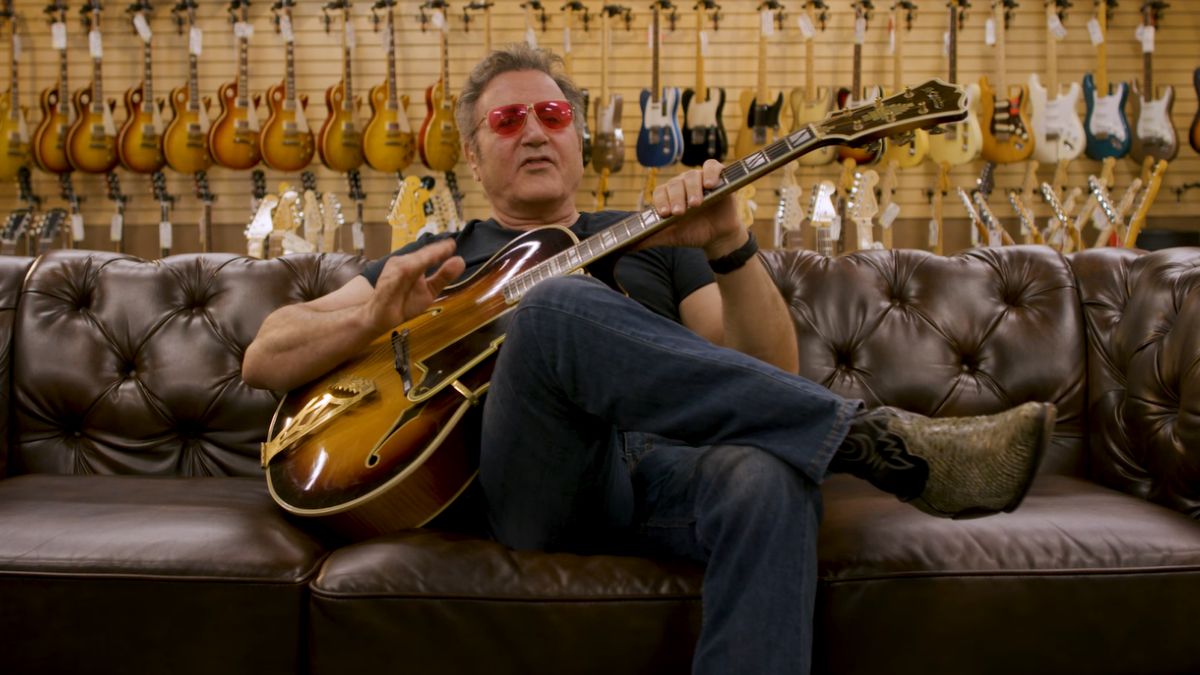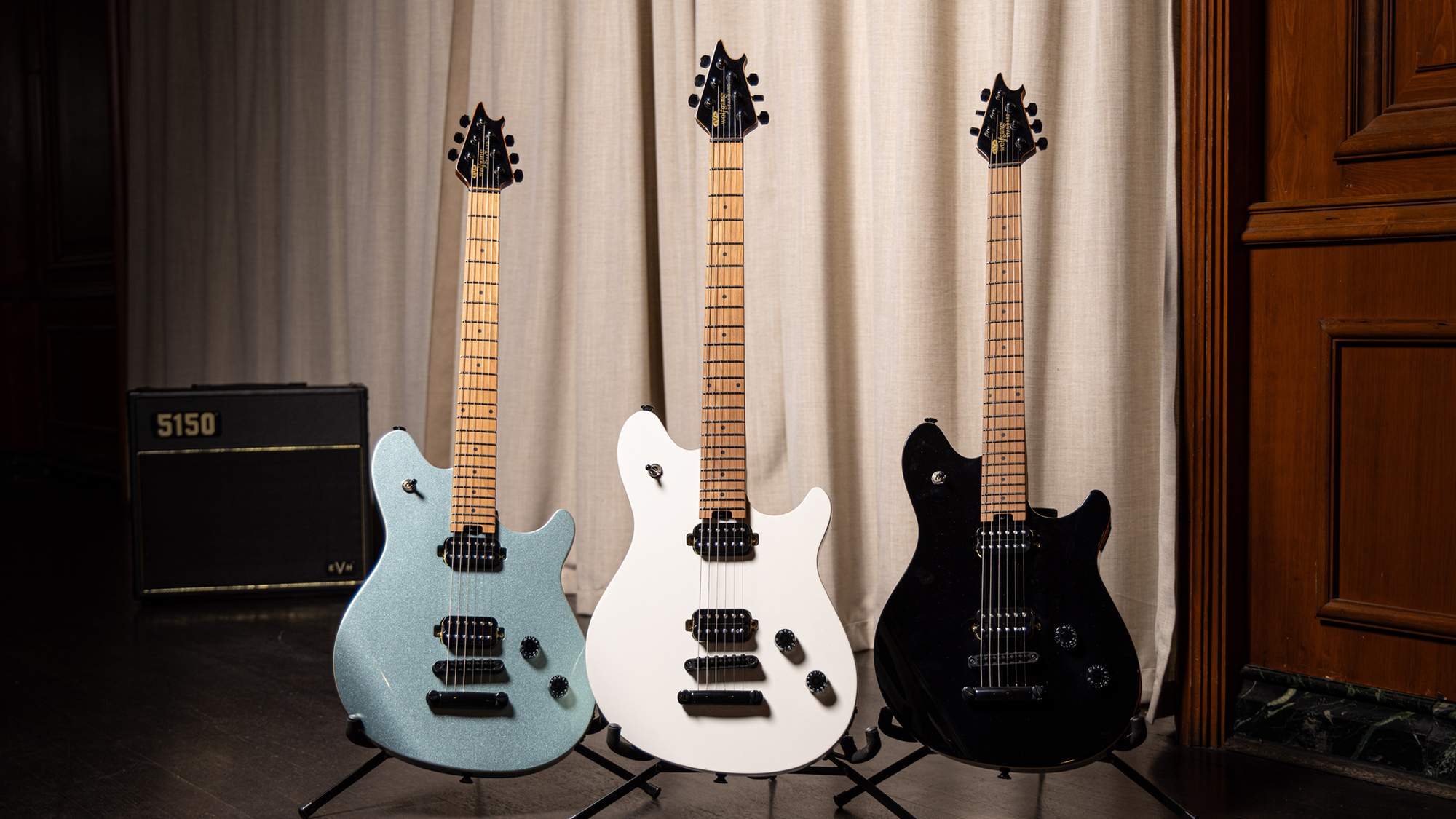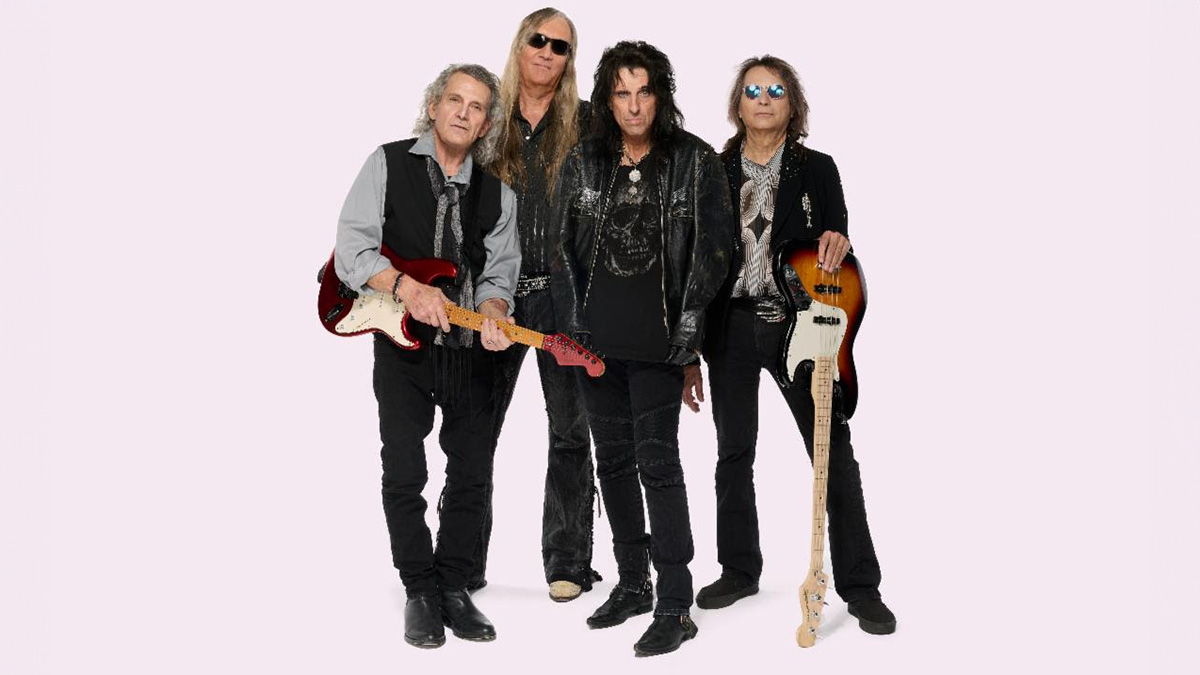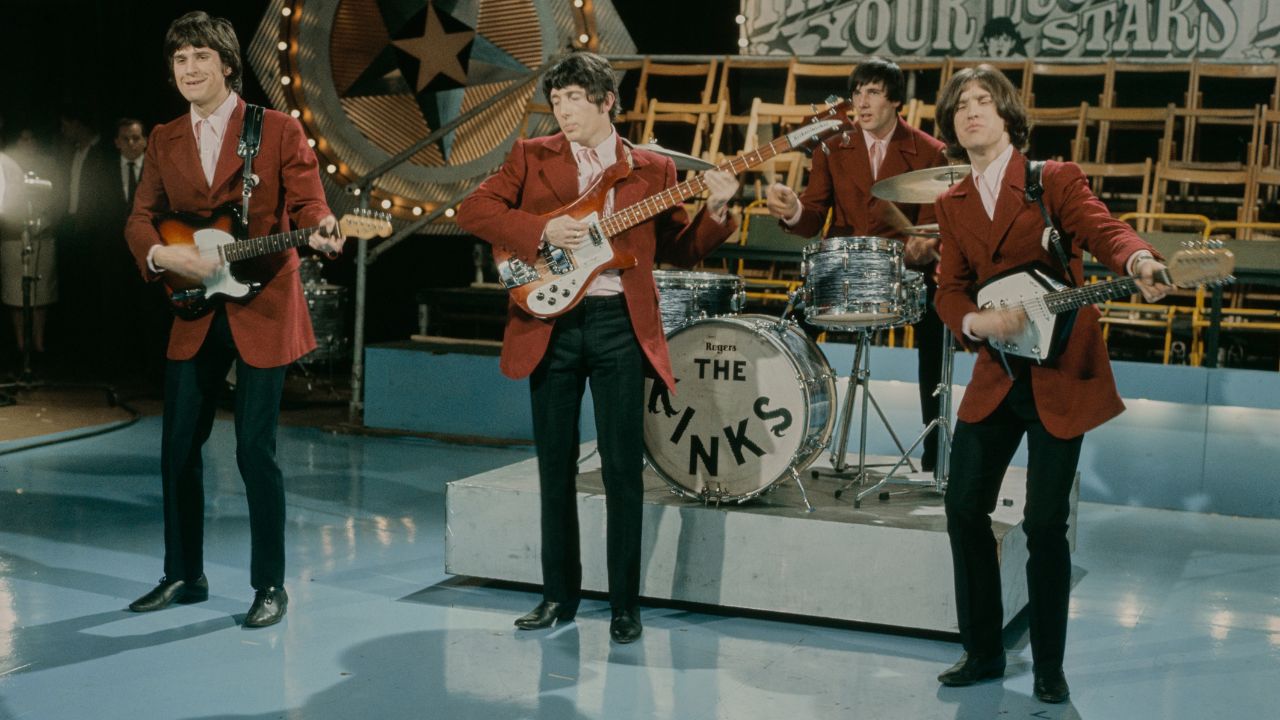“There were only two or three of those guitars created. Edge brought back what he had been working on and they smushed it all together”: How The Edge's guitar parts – and an ultra-rare modded Fender – helped save one of U2’s biggest hits
The Edge crafted his now-iconic lead lines on a uniquely modded Fender, and helped resurrect a song that was destined for the scrap heap
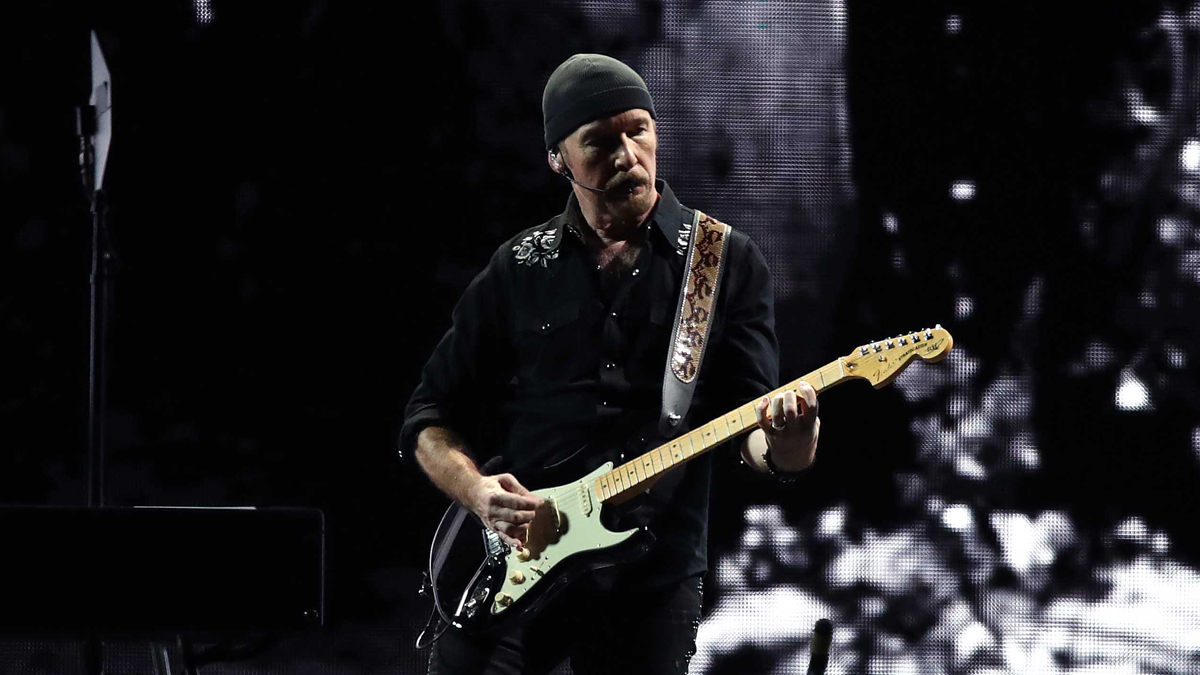
Time and time again, hindsight proves to be a funny old thing. Today, U2's With or Without You and Where the Streets Have No Name are two of the biggest rock songs in the world – the former’s one billion Spotify streams will attest to that – but both songs were due to be left on the cutting room floor, if it weren’t for The Edge’s electric guitar parts.
The revelation has come from a recent interview with author and U2 superfan Aaron J. Sams, who has penned the book U2: Song by Song, detailing the backstories of the band’s discography.
Speaking to Booked On Rock, Sams explained how With or Without You was saved, in part, by an extremely rare Fender.
“At one point, they talked about walking away from that song,” he says (transcribed by Ultimate Guitar). “The breakthrough came when the Edge was given a prototype [Fender] Infinite Guitar.
“When the band was ready to abandon the song, [Irish songwriter] Gavin Friday convinced Bono to take it away and work on it a little bit further, but in the meantime, Edge was noodling around with this Infinite Guitar.
“There were only two or three of those guitars created. A Canadian [Michael Brook] came up with that invention. And somewhere along the way, Bono brought back what he had been working on, Edge brought back what he had been working on, and they smushed it all together and out came With or Without You. I don't think you could go anywhere in 1987 and not hear that song on the radio.”
The Infinite Guitar was condemned to a less-than-infinite fate, but its role in shaping the song represents its biggest contribution to the music world. The Edge’s shimmering leads helped the song ascend to new heights, saving it from the band’s graveyard of failed songs.
Get The Pick Newsletter
All the latest guitar news, interviews, lessons, reviews, deals and more, direct to your inbox!
Similarly, Where the Streets Have No Name – another U2 classic – may not have enjoyed the success it has had if producer Brian Eno, who had little faith in the track, had gotten his way. Instead, engineer Pat McCarthy was the song’s savior.
“Brian Eno was getting ready to throw that one into the garbage, and one of the engineers rescued it that day and said, 'No, no. We're going to pull that aside,'” Sams details.
He adds that the band “thought they had something special there, but they couldn't get to the finish line”, and so, buoyed by McCarthy’s passion, they took it back to the drawing board.
“I'm so glad they did because if there's a moment in their live show that I never want to do without,” Sams smiles. “It is being able to turn around when the lights come up during Where the Streets Have No Name and looking at the faces behind you. It's pure joy in the audience when that song is being performed.”
Once more, the Irish guitarist, who has become one of the most high-profile converts to digital amps in recent years, and his crafty employment of the delay effect revitalized the track.
![[L-R] Bono and The Edge of U2](https://cdn.mos.cms.futurecdn.net/Ykp6NrFSafwLNR2gLQdfqL.jpg)
It’s hard to imagine what the band’s seismic 1987 LP, The Joshua Tree, would have been like without the two songs. Fate, though, so often intervenes and, like it was for U2, turns those fleeting ideas into chart-destroying mega jams.
The Edge recently put one of his signature Stratocasters up for auction, raising an estimated $75,000 for Venice Family Clinic's mission to fund critical healthcare services in LA.
Speaking to Guitar World in 2016 about the creation of the signature guitar, he said: “I wasn't slavishly trying to recreate a ’70s instrument. I just knew the aspects that I loved and wanted to preserve, and then I wanted to see if I could improve them. I was really delving into the nuance of why a guitar sounds the way it does.”
A freelance writer with a penchant for music that gets weird, Phil is a regular contributor to Prog, Guitar World, and Total Guitar magazines and is especially keen on shining a light on unknown artists. Outside of the journalism realm, you can find him writing angular riffs in progressive metal band, Prognosis, in which he slings an 8-string Strandberg Boden Original, churning that low string through a variety of tunings. He's also a published author and is currently penning his debut novel which chucks fantasy, mythology and humanity into a great big melting pot.
“My brother's trying to knock Norm down in price. He's worth $800 million. He goes, ‘I'll give you a bottle of whiskey on top’”: Frank Stallone on the prized vintage Epiphone that Sylvester bought him – and the guitar's mysterious origins
“More people play stop-tails than guitars with locking tremolos. We dig both”: EVH delivers on its hardtail promise and launches the Wolfgang Standard T.O.M. – which vows to take Eddie's legacy to new heights


